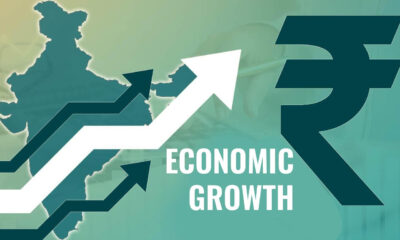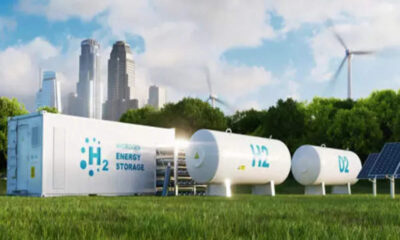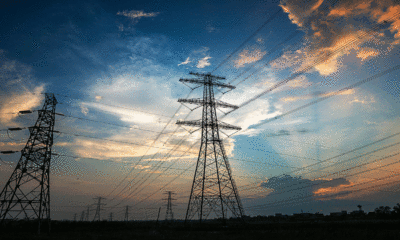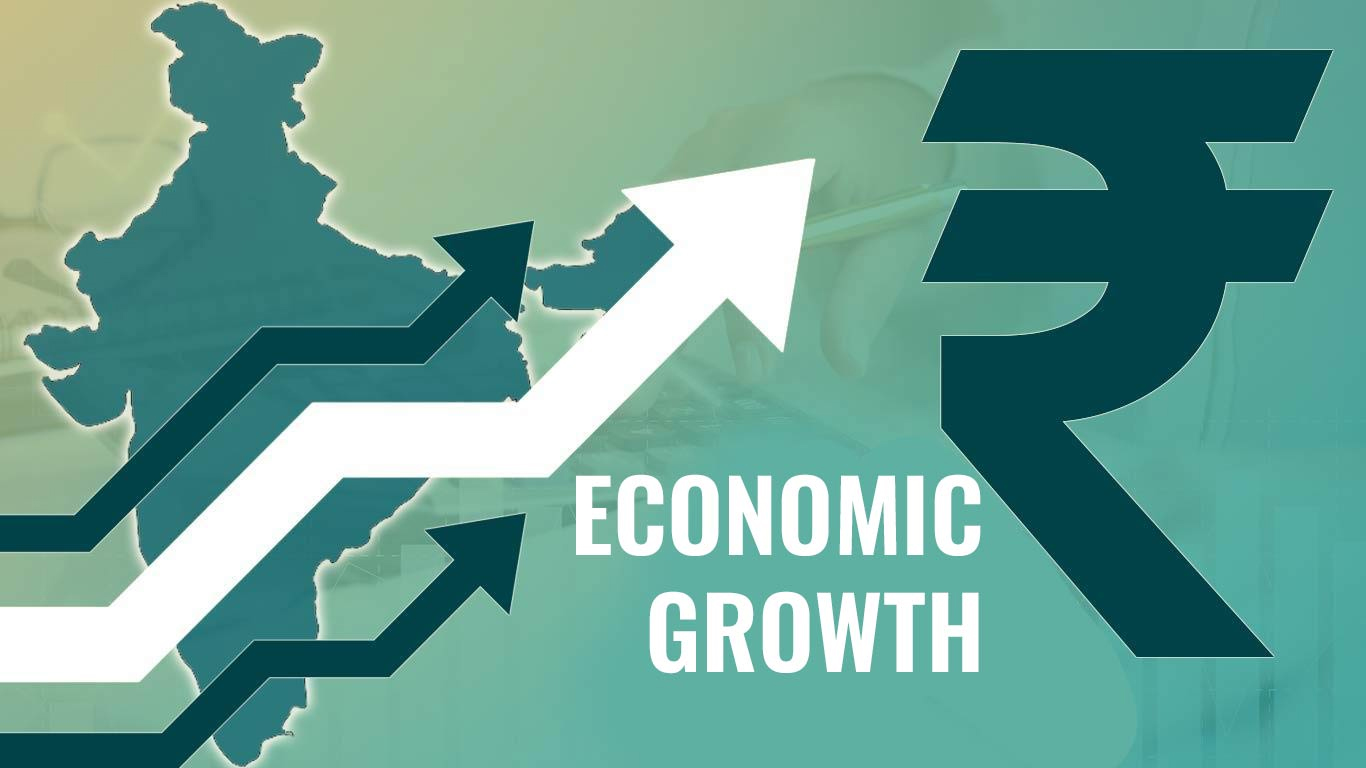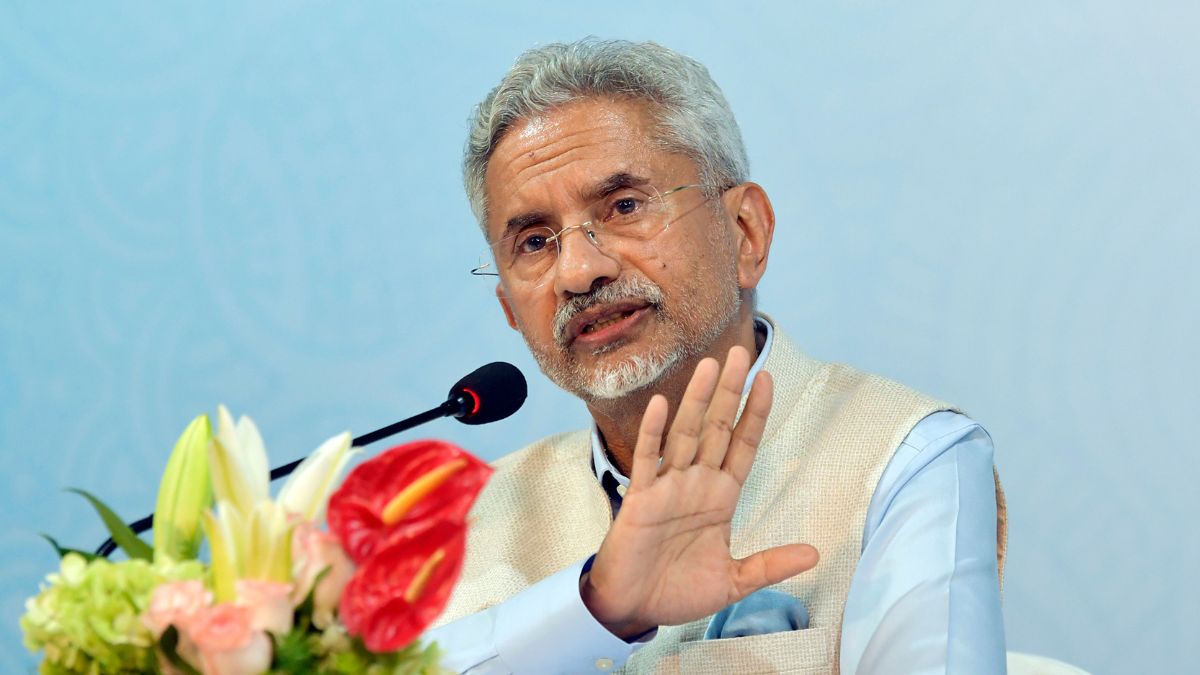Notably, climate damages have been on an upward trajectory, with annual losses averaging $500 billion, equivalent to 2% of the United States’ GDP, since 2016.
Climate change poses a formidable threat to the global economy, with researchers projecting annual losses amounting to a staggering $38 trillion by the year 2049. This ominous forecast comes from the esteemed Potsdam Institute for Climate Impact Research (PIK), which highlights the devastating impact of extreme weather events on agricultural yields, labor productivity, and critical infrastructure.
The dire consequences of planetary warming are further elucidated in a recent study published in Nature. According to this research, global income is expected to plummet by 19% by mid-century compared to a scenario where climate change isn’t a factor. Drawing upon data spanning over 1,600 regions worldwide across the past four decades, the study provides a comprehensive assessment of the future ramifications of a warmer planet on economic growth.
Leonie Wenz, a prominent scientist at PIK leading the study, issues a stark warning, emphasizing that unless emissions are drastically curtailed, economic losses will escalate exponentially. Wenz underscores the urgency of immediate action, asserting that failure to address emissions will culminate in even graver economic repercussions, potentially reaching a staggering 60% reduction in global income by the year 2100.
Attributed largely to human-made greenhouse gas emissions, the world has experienced an average temperature increase of 1.1°C since pre-industrial times. This uptick has precipitated a surge in extreme weather events, collectively costing a monumental $7 trillion over the past three decades, as reported by Bloomberg Intelligence.
Notably, climate damages have been on an upward trajectory, with annual losses averaging $500 billion, equivalent to 2% of the United States’ GDP, since 2016. Regrettably, developing nations, despite contributing minimally to global warming, bear the brunt of these losses and damages.
In light of these grim projections, researchers advocate for stringent measures aimed at emissions reduction and limiting global warming to a maximum of 2°C by the century’s end. Such measures, they argue, represent the most cost-effective approach to mitigating further climate-induced damages. Leonie Wenz emphasizes the economic rationale behind climate protection, stressing that the financial savings accrued from emission reductions far outweigh the costs, even without factoring in the invaluable non-economic benefits such as safeguarding life and preserving biodiversity. However, achieving these goals will necessitate heightened adaptation efforts.
Alarmingly, countries deemed least culpable for climate change are poised to suffer disproportionately severe economic losses, with projected income reductions 60% greater than their higher-income counterparts and 40% greater than nations with higher emissions. Compounding this disparity is the glaring lack of resources available to these vulnerable nations for adapting to the prevailing impacts of climate change.
Despite the pervasive belief that only developing nations will bear the brunt of climate-induced economic losses, Leonie Wenz asserts that the repercussions will reverberate globally, affecting even highly developed nations like Germany, France, and the United States. Wenz also underscores a grim reality – only regions situated at very high latitudes stand to benefit from warmer temperatures, further exacerbating the unequal distribution of climate impacts.
Central to the severity of projected economic losses is the comprehensive nature of the assessment, which factors in not only temperature increases but also additional climate variables such as extreme rainfall and the manifold impacts of extreme weather events on agriculture, labor productivity, and public health.
In advocating for a paradigm shift towards renewable energy systems, Anders Levermann, a co-author of the study, emphasizes the imperative of structural change for ensuring global security and averting catastrophic consequences. He warns against the perils of maintaining the status quo, stressing the urgent need for proactive measures to mitigate the impending crisis.
In summation, the prognosis is dire – unless decisive action is taken to curb emissions and mitigate the impacts of climate change, the global economy faces a bleak future characterized by unprecedented economic losses and irreparable damage.


 Opinion3 years ago
Opinion3 years ago
 Entertainment8 years ago
Entertainment8 years ago
 Entertainment8 years ago
Entertainment8 years ago
 Fashion8 years ago
Fashion8 years ago
 Opinion3 years ago
Opinion3 years ago
 Politics8 years ago
Politics8 years ago
 Entertainment8 years ago
Entertainment8 years ago
 Entertainment8 years ago
Entertainment8 years ago


